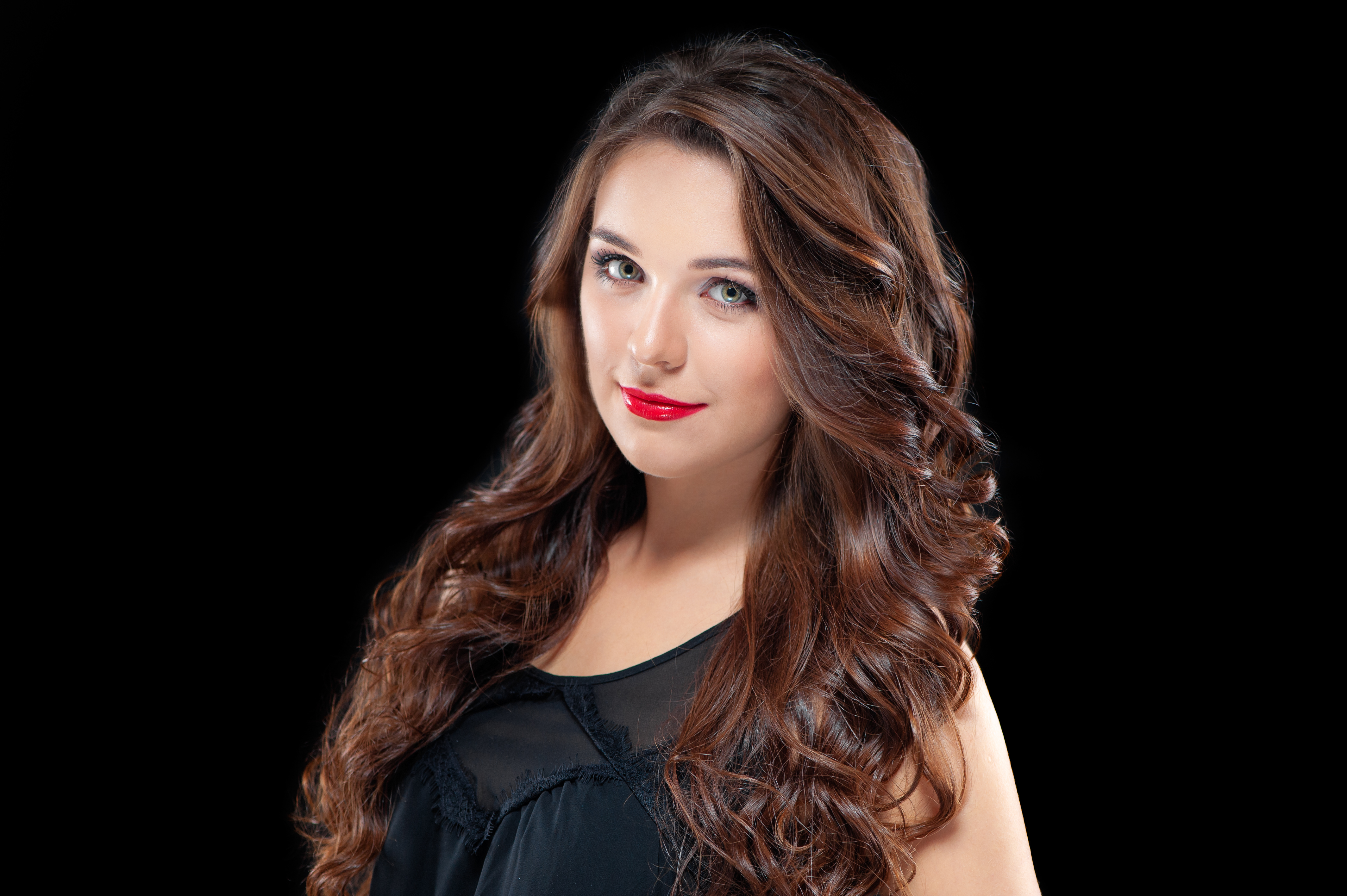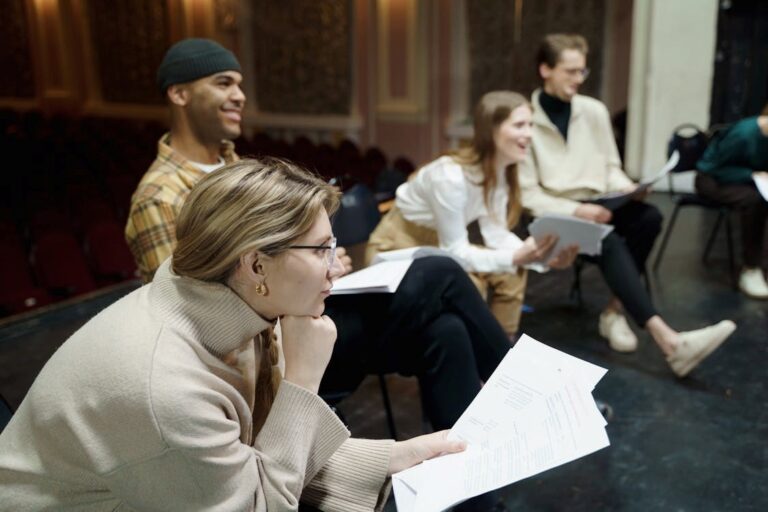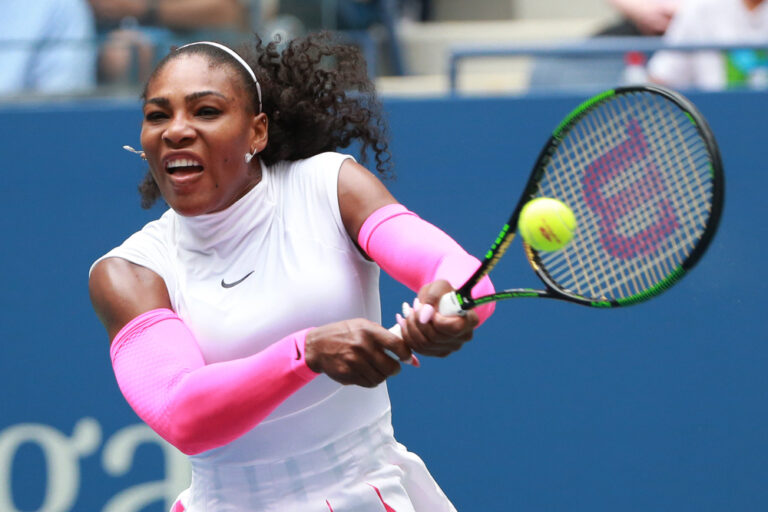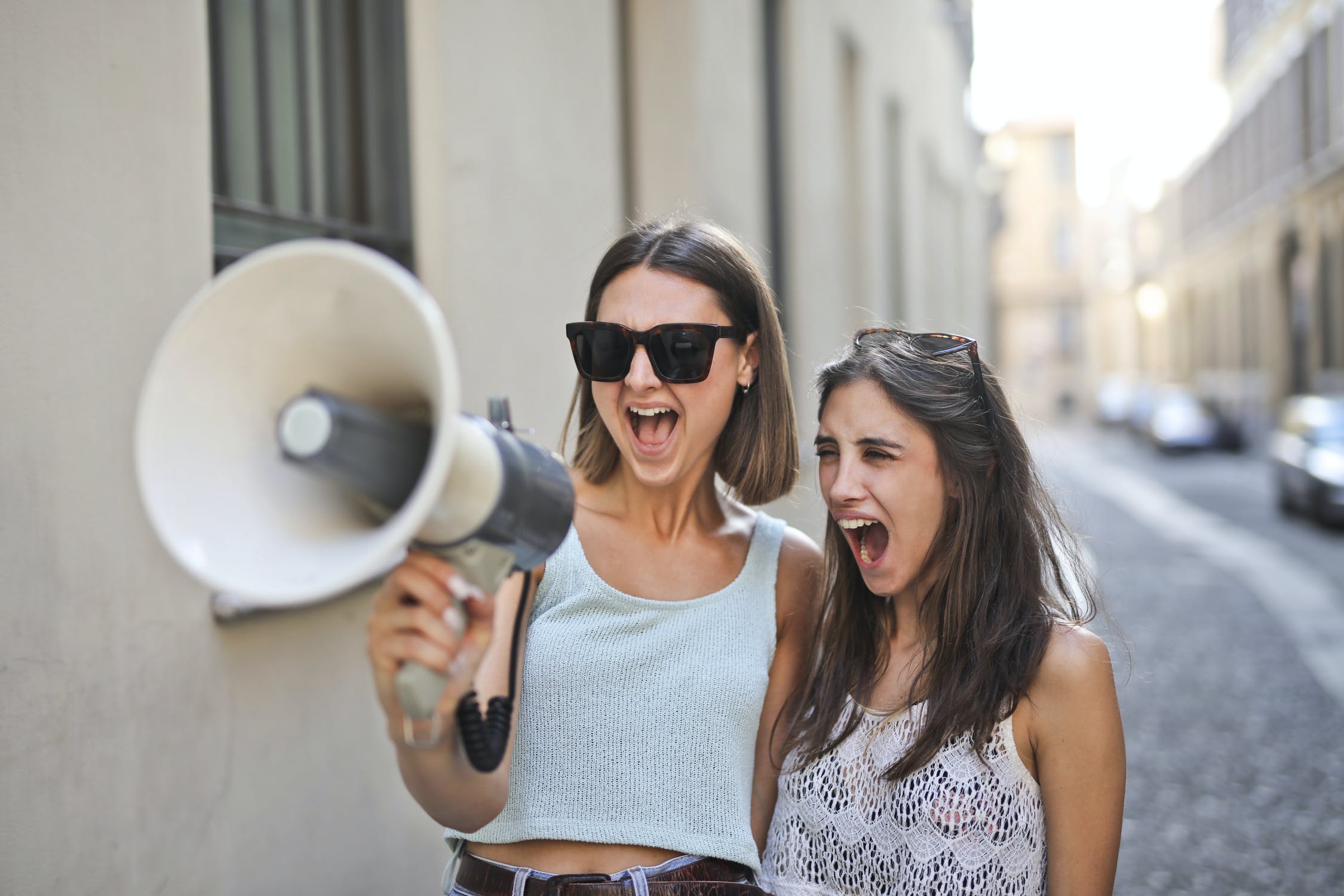
grapplingstars.com, femcompetitor.com, fciwomenswrestling.com, fcielitecompetitor.com fciwomenswrestling2.com articles, pexels.com-photo Andrea-Piacquadio
Hearing is like many precious things in life.
Protect it with all of your might because you really don’t appreciate what you have until you lose it.
With the trending popularity of Electronic Dance Music (EDM), fun though they may be, primarily younger ears around the world are under assault.
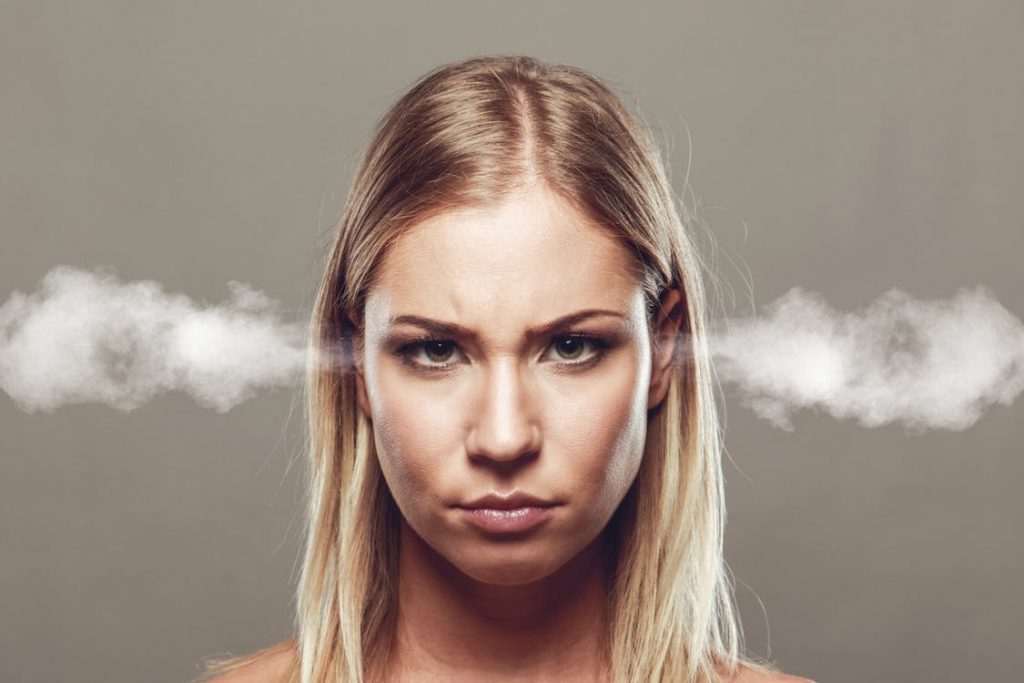
According to medicalnewstoday.com, “Although it is often referred to as “ringing in the ears,” tinnitus can be perceived as many different sounds including hissing, clicking or whistling.
Common causes are excessive or cumulative noise exposure, head and neck injuries, and ear infections. In a small number of individuals, tinnitus is a sign of a serious underlying medical condition.
There is no cure for tinnitus, although there are many options for managing it. The majority of individuals with chronic tinnitus adjust to the ringing over time.”
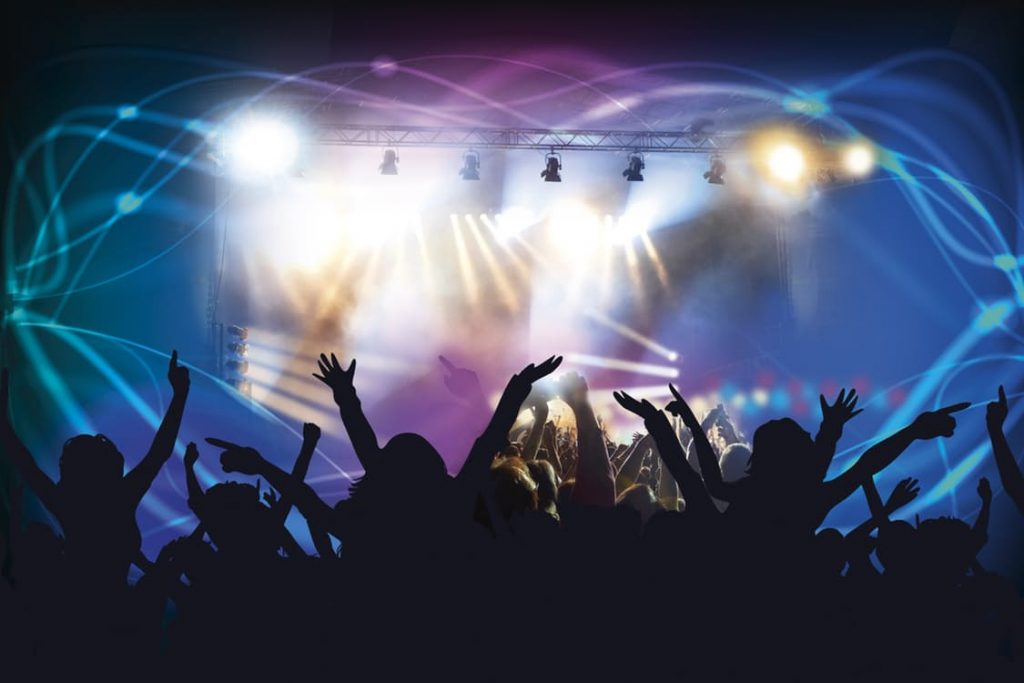
The informative and down to earth site magneticmag.com adds, “EDM shows, clubs and festivals are particularly bad because you are listing to loud music for long periods of time, sometimes up to 12 hours or more if you are really going for it. That puts EDM fans in a more dangerous category due to the long hours of high decibel exposure.
If you are at a show that is over 104 decibels and higher, chances are you will leave the concert with some mild tinnitus (ear ringing). Although the ringing is usually temporary, consistent and longer exposure (just 15 mins) can lead to more severe and permanent damage.”
So especially for younger female athletes who love to attend clubs and concerts, are there ways that you can protect your ears and still have fun?
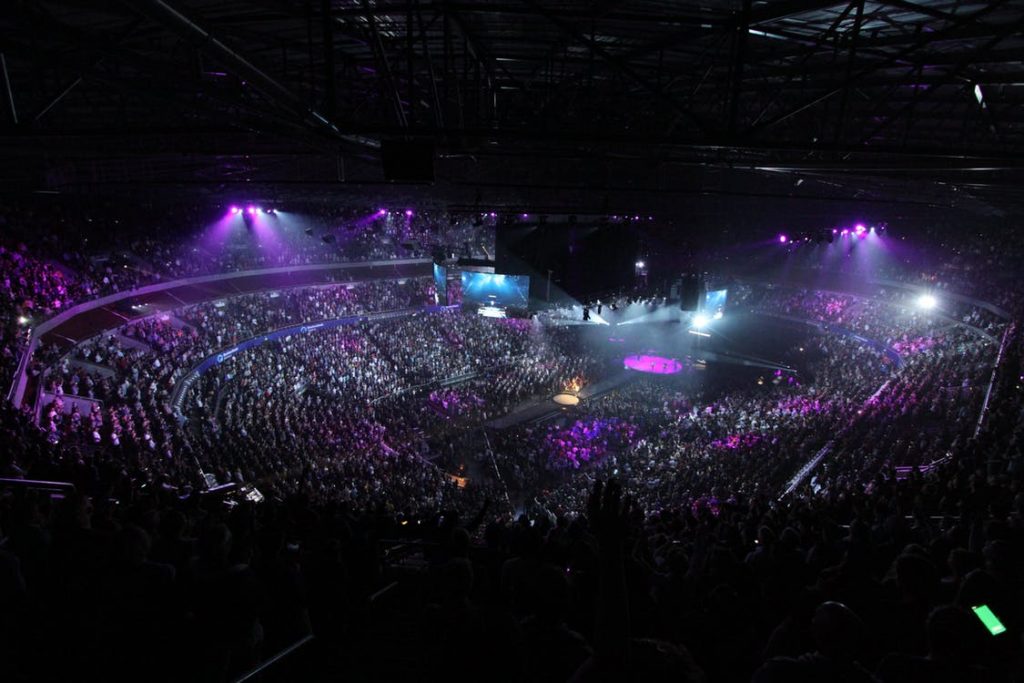
We researched several music ear plug sites and while you should do your own research to reach a wise decision, we found one that seem to get good reviews.
They introduce themselves at earlove.net, “Earlove®? was founded in 2004 by Carolynn Travis — musician, DJ, (Sugarflywithme) manager and popular fixture of Chicago’s many diverse music scenes — whose personal experience with noise-induced hearing loss prompted her to take up the fight against this widespread, yet preventable, disability.
Committed to remaining an active musician while eager to help friends and colleagues avoid unnecessary harm, Carolynn created Earlove®? as a friendly, nonjudgmental conversation starter and set about giving away as many pairs of earplugs as she could afford.
Ten years ago, hearing protection was rarely discussed by concert goers or nightclub devotees. Information about dangerous noise exposure and how to prevent permanent hearing damage wasn’t readily available to the general public. When earplugs were available at clubs and gigs, typically the only option was cheap foam that muffles the music and degrades the sound quality.
Carolynn’s near-deaf experience led her to the door of Etymotic Research and its founder Mead Killion, a pioneering audiologist who invented the original earphone technology and created a new product category of in-ear monitors for musicians and sound technicians. Earlove®? brings Etymotic’s professional grade noise reduction and unequaled fidelity preservation to music fans at an affordable price. Propelled by customers’ word-of-mouth enthusiasm, and later through press and social media, Earlove®? is a respected, nationally-known brand.
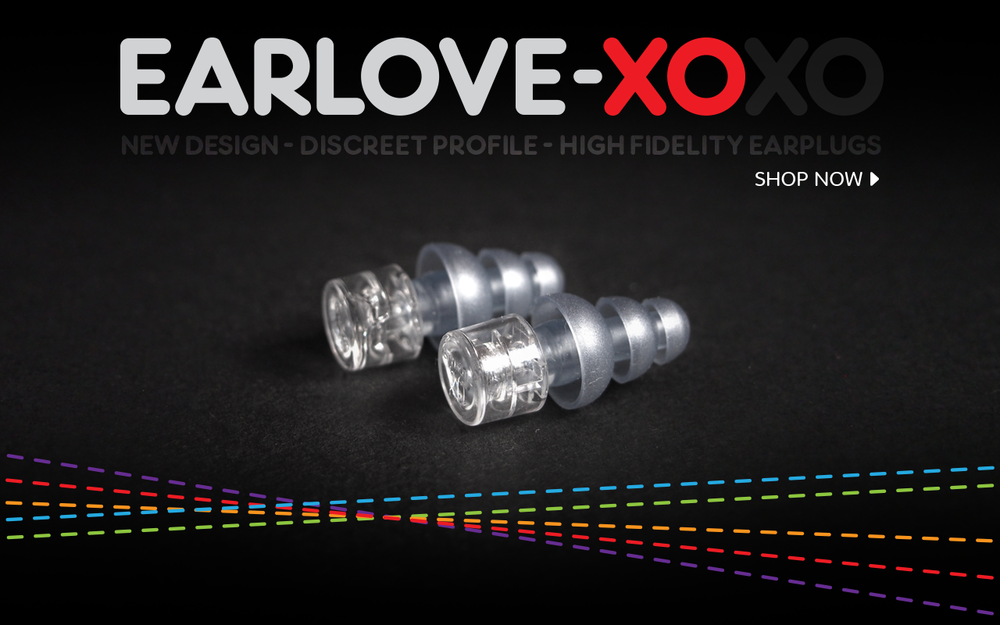
In addition to Earlove®?, Carolynn has established herself as a leader in hearing protection education and marketing. She served as Etymotic’s Global Brand Advocate and Social Media Specialist for four years, while reaching over 60,000 music students and educators as manager of the lauded “Adopt-A-Band” program. In 2008, she was awarded the Natalie Stukas Award for Hearing Conservation by the Illinois Academy of Audiology which acknowledges outstanding achievement in clinical practice, consumer education, research, or product development in the area of hearing conservation.
She has given lectures and presentations throughout the United States focusing on hearing conservation in music education. In October, 2013 she was an invited to present at INNOVATIONS IN NOISE-INDUCED HEARING LOSS AND TINNITUS PREVENTION IN KIDS hosted by 3M and Dangerous Decibels.”
Very good to know.
“I was the first spokesperson for the Better Hearing Institute in Washington. And that’s the message we tried to send out – there is hearing help out there, and the technology and options are amazing.”… Norm Crosby
Here is their product summary and description.
“EARLOVE-XO is a high-fidelity earplug that enhances your audio experience when sound levels are too loud. By reducing the decibel level equally across the spectrum of hearing, EARLOVE-XO delivers superior sound and unparalleled hearing protection compared to other non-custom earplugs. EARLOVE-XO earplugs retain sound richness and clarity –even voices remain remarkably clear. With 20 dB sound reduction and a shorter a profile, you can discreetly protect your hearing without missing a beat.
Regular use of Earlove® products protects against the cumulative effects of overexposure to loud sound throughout life. With Earlove®, you can immerse yourself in music without worrying about hearing damage, which includes a range of post-show occurrences like ringing in your ear or tinnitus and temporary changes in your hearing like muffled sounds (TTS).
Whether you’re an avid concert or club goer, professional or budding musician, music student, sporting event enthusiast, or parent of an aspiring rock star, the discreet design of EARLOVE-XO allows you to do your thing, longer and safer –preserving your hearing now, and into the future.”
In your quest to keep your hearing, hopefully this helps.
We just listened to a dynamic female entrepreneur, now let’s turn our attention to a visiting female writer who provides further information on this important subject, so please perk your ears up. It’s not the phone ringing, it’s your ears.
Rock Concerts and Ringing Ears
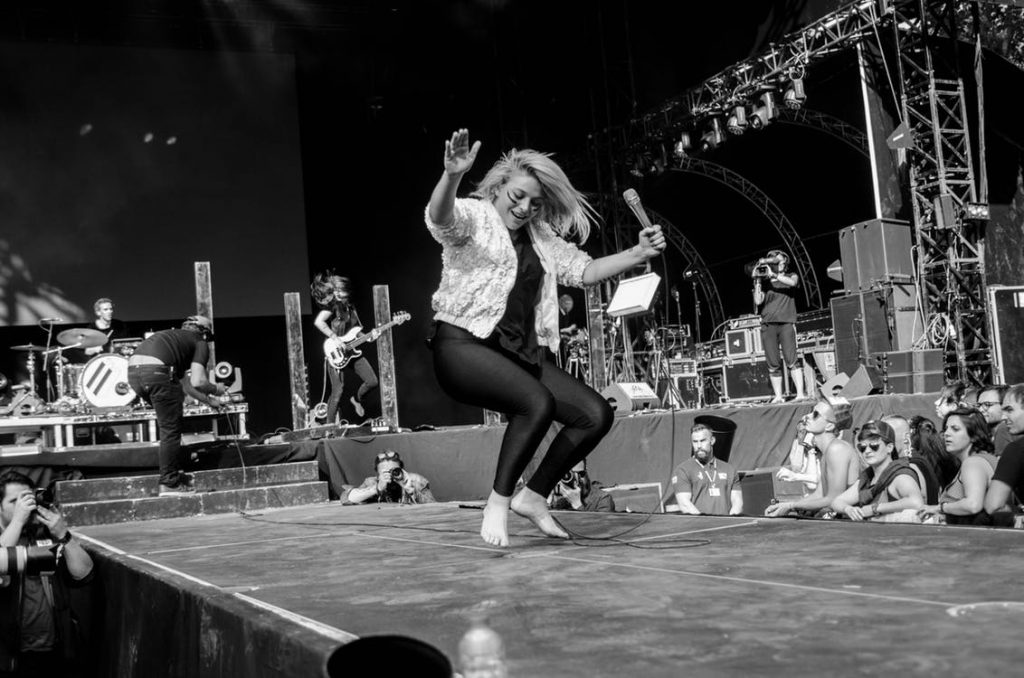
There is nothing like seeing a concert of your favorite band. The crowd is pumped up and the adrenalin is flowing; the music is so loud you can feel it booming throughout your whole body. The light shows are incredible as well. There is a downside to all the fun and sounds though; you may develop ringing ears. Concert goers need to beware that along with the fun comes the dangers of hearing loss. This can be frightful if you have never experienced ringing in your ears known as tinnitus. After a concert the symptoms of this condition can last anywhere from an hour to days.
When you go through this after a concert you tend to wonder if the experience was worth the fight of getting it to go away. It has a white noise effect on your hearing; kind of like the static on your TV. Most of the time it will subside after a few days, but there is a slight chance that permanent damage may have occurred. It may be a good idea in the future that you use something that is going to protect your ears from damage.
After a concert you may experience a temporary hearing loss. This is for the most part due to the cochlea becoming damaged. When the vibrations from loud music go through your ears, then the hair cells within your ears can become damaged. When this happens the hairs can bend or break and the cells that transmit sound to the brain can misfire and cause ringing in your ears. When the ringing starts you are the only one that can hear the sounds. It is not audible to an outside source. When these cells become damaged the sounds just start to happen on their own without the cells being stimulated first.
Like everything in life it is good to do things in moderation and going to see a live concert is no different. We all want to do things that make us happy but we really need to be careful when it comes to our bodies and what we do to it. Protecting yourself is the key to enjoying yourself at the moment and in the future. If you do damage to your hearing that cannot be fixed then you won’t be able to enjoy future endeavors. Make sure that you follow the proper steps to avoid any harm to yourself. We all love to hear the music, but not the ringing in the ears. Concerts can be a lot of fun, so don’t deprive yourself of never being able to hear them again.
If you do not protect yourself from the beginning and end up breaking off those tiny hairs, you will not get another chance. Bending them is one thing, they can bend back but when you break them off completely then you will suffer permanent hearing damage. Ear plugs have been of great use to both the concert artist and the enthusiasts. Be careful to not become a casualty of ringing ears; concerts are a wonderful experience but how can you enjoy them if you can’t hear them? Sound tests have shown that if the sound is over the sound of a lawnmower at 85 decibels then it is way too loud.
What is a decibel? This is a measure of sound intensity. It is important to realize that the decibel scale is logarithmic and not linear. What this means is that if a sound increases from 10 decibels to 20 decibels, it is not twice as loud but rather 10 times louder. And if it increases from 20 decibels to 30 decibels, it is 100 times louder than 10 decibels. So remembering that hearing loss can occur starting at 85 decibels, if the noise is “only” 95 decibels, this is still TEN TIMES higher than the damage threshold. Use caution and protect your ears!
If you do not heed this warning you will begin to lose your hearing and it will never return. You will begin losing your hearing between 4000 and 6000 Hz and as the condition worsens, additional frequencies will be affected. The same thing can occur after working in a loud industrial environment. Best advice: Wear hearing protection!
Mary Robertson is a clinician experienced in dealing with tinnitus problems.
~ ~ ~
Article Source: http://EzineArticles.com/expert/Mary_Elizabeth_Robertson/664661
Article Source: http://EzineArticles.com/4511596
http://ezinearticles.com/?Rock-Concerts-and-Ringing-Ears&id=4511596
http://www.medicalnewstoday.com/articles/156286.php
http://www.magneticmag.com/2015/11/are-you-losing-your-hearing-at-edm-shows/
http://www.earlove.net/about-us/
